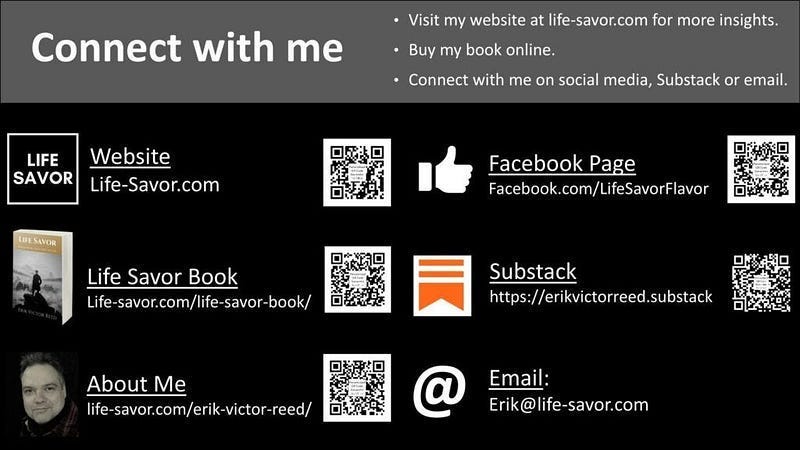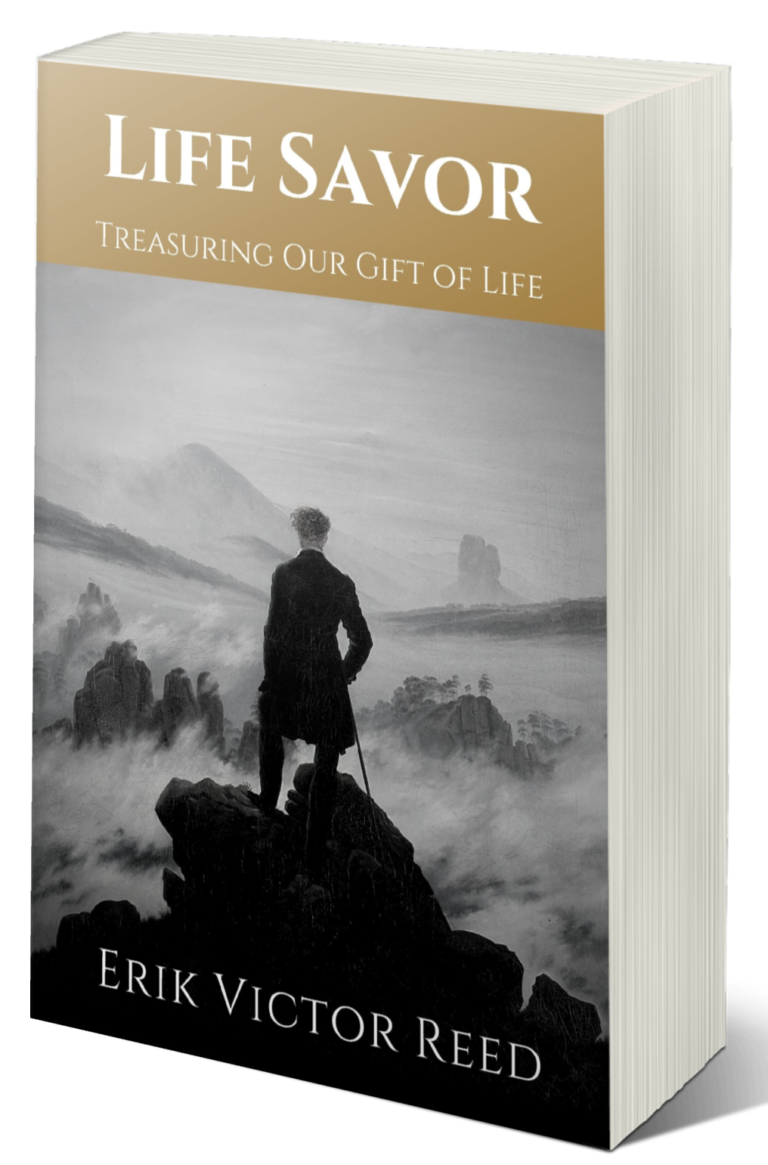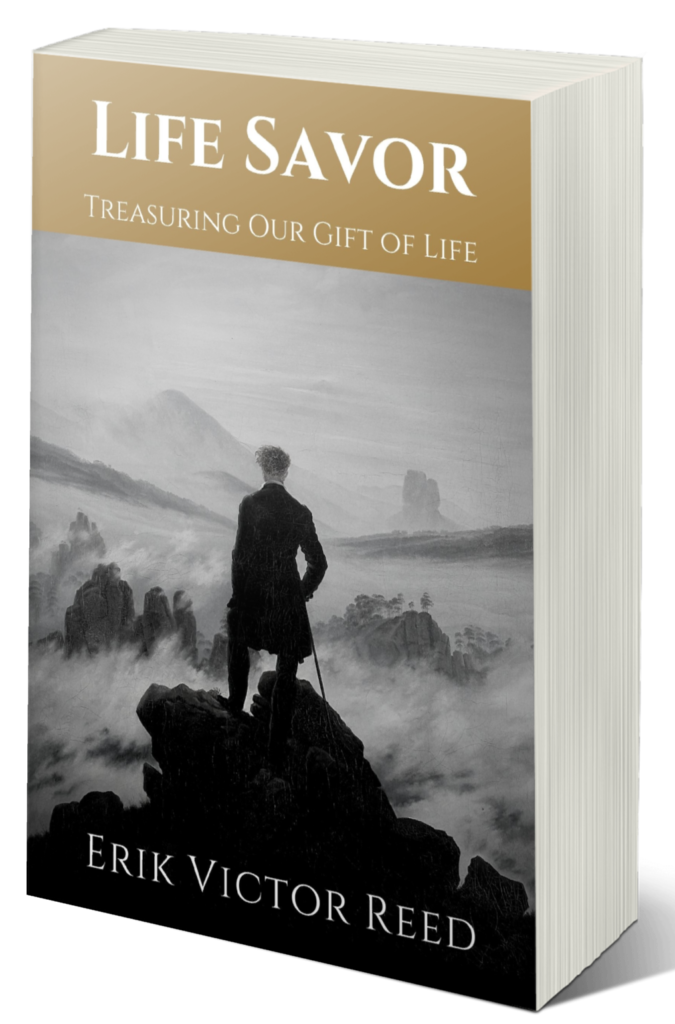How losing passion leaves us hollow — and how to resist it
The Gray Fog
You can see it in the eyes of people on the subway, in office hallways, even in your own mirror some mornings: the dullness of cynicism. It’s not anger. It’s not despair. It’s something flatter, quieter, more corrosive. It’s the gray fog of giving up on passion.
Cynicism tells us, “Don’t care too much. Don’t hope too much. Don’t risk too much.” At first, it feels like protection. But in time, it robs us of joy.
This is why cynicism is so dangerous. It doesn’t crash in like tragedy. It seeps in like mold, slowly covering the vibrant colors of life.
How Cynicism Spreads
Cynicism often starts in disappointment. We love and are hurt. We dream and fail. We strive and feel unseen. Each wound whispers: see, it’s foolish to care.
Soon, we stop risking. We trade fascination for distraction, passion for paycheck, love for mere convenience. We say, “That’s just how life is,” and we call it maturity. But it’s not maturity. It’s surrender.
Like a virus, cynicism spreads easily. One jaded friend can dampen a room. One bitter coworker can poison a team. Whole cultures can grow cynical, reducing life to transactions and jokes at the expense of hope.
The Empty Office
Picture an office where people file in each morning, sip coffee, and begin their routines. No one hates it, but no one loves it. Conversations circle around weather, traffic, complaints. Eyes flick to the clock more often than to each other.
Passion is absent. And without passion, even the best salaries, perks, and titles cannot save life from feeling hollow.
Why Cynicism Feels Safer
Cynicism tempts us because it feels safe. If we don’t hope, we can’t be disappointed. If we don’t love deeply, we can’t be heartbroken. If we don’t follow passion, we can’t fail at what matters most.
But this safety is an illusion. What we save ourselves from in pain, we also lose in joy. A life insulated from disappointment is also insulated from wonder.
The Deeper Cost
The cost of cynicism is not only personal. It’s collective. A culture of cynicism stops innovating, stops creating, stops aspiring, stops caring about moral standards. It shrinks into irony and detachment.
Art withers, politics rots, relationships become transactional. Cynicism kills before death arrives.
The Antidote: Reclaiming Passion
The antidote is not naïve optimism. It’s not pretending life is easy. The antidote is passion — choosing to keep caring, even knowing it will hurt sometimes.
Passion is not childish. It is courageous. It means we have decided that the beauty of love, creation, and wonder outweighs the risk of loss.
The musician who keeps writing songs after rejection, the activist who keeps marching after setbacks, the parent who keeps loving a difficult child — these are acts of defiance against cynicism.
Practices for Resistance
- Notice cynicism’s voice. When you hear “why bother,” pause. Ask: is that wisdom, or fear?
- Rekindle small passions. Read a book you love, tend a plant, pick up a hobby. Passion grows when given attention.
- Surround yourself with vitality. Seek friends and communities who still care, create, and hope.
- Let yourself hope again. Even in small ways. Hope is fuel. Without it, we starve.
Cynicism may never vanish entirely. But it doesn’t have to rule.
A Brighter Scene
Now picture a different office. People still sip coffee and do their work. But there is laughter. There are ideas tossed around with excitement. Someone is starting a side project. Someone else is planning a community event. The difference isn’t in the furniture. It’s in the presence of passion.
Passion doesn’t make life easy. But it makes it worth living.
Closing Thought
Cynicism is not wisdom. It is weariness mistaken for truth. It tells us that caring is foolish, but the real foolishness is to waste life by not caring.
The gift of existence is too precious to meet with a shrug. We are here for a brief, dazzling moment. To live that moment well, we must resist the gray fog and choose passion instead.
Yes, it will hurt sometimes. But it will also fill us with color, vitality, and joy.
Because life was never meant to be lived in gray. It was meant to be lived in full color, with fire in our hearts.
For more like this, visit the broader project at life-savor.com, or explore the Life Savor book itself.
To learn more about Life Savor’s philosophy,
read Life Savor: Treasuring Our Gift of Life by Erik Victor Reed.








